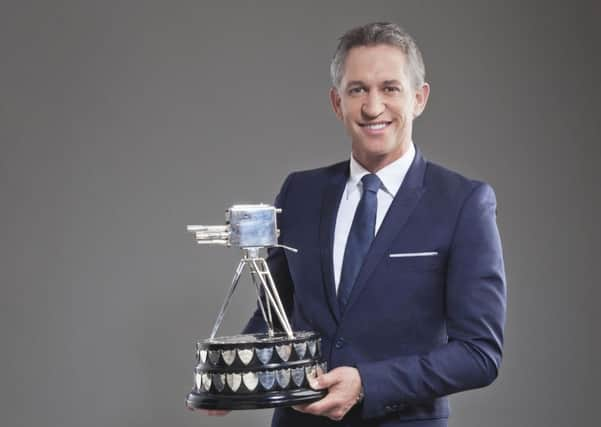TV review: Great Train Robbery | BBC SPOTY


The Great Train Robbery
BBC1, Wednesday and Thursday, 8pm
Lou Reed Remembered
BBC4, Sunday, 9pm
Sports Personality Of The Year
BBC1, Sunday, 7.40pm
The heist took place in 1963 so it squeezes into the timeframe of TV’s current obsession. Since Mad Men, the networks, and in particular the BBC, have developed a real fetish for the period and love the chance to fit out shows in slinky ties and snappy syncopation. In a weird way then, Biggs, Buster Edwards and the rest became the children of Don Draper. (And across in LA, Matthew Weiner, Mad Men’s creator, sighed: “Jeez, I never meant for you guys to get stuck in that era, retelling all those stories. Don’t your viewers kinda want the Beatles to come along now?” Answer: yes we do).
To be fair, the robbers were only sexy for the first half-hour. Then the drama went a bit Carry On. And let’s not forget the aspirational angle. “We’re as good as anybody,” grunted a chippy Bruce Reynolds. But hang on, weren’t the Great Train Robbers just robbers? A bunch of crooks who did a job which, in their ignorance, turned into the crime of century? “It’s too big!” said Reynolds, surveying the vast wall of money, his previous thefts having amounting to a handbag, a couple of overcoats, eight pairs of slippers and a wireless. “Two million six hundred and firty one fousand, seven hundred and eighty four!” Sarf London crims, they were, and not very good ones, using a kiddies’ book on trains to learn how to stop and start them, only mastering the start bit and having to jump off. What a laff. Not so funny for the driver of the Royal Mail choo-choo who ended up being coshed. Still, nobody died, eh? And of course Biggs went on to become an anti-establishment folk hero, committing crimes against music with the Sex Pistols.
Advertisement
Hide AdPart two was the establishment biting back. “It’s an attack on the very cornerstone of England,” fumed the Home Secretary. Actually, the loot was surplus Scottish banknotes bound for London and Alex Salmond, although only eight in ’63, probably decided there and then that the practice would have to stop. Luke Evans was Reynolds and very good he was, too, but the acting honours were nicked by Jim Broadbent as Det Chief Super Tommy Butler, who was determined to catch the gang, even if it meant forsaking his beloved Lone Ranger and Tuesday trysts with the fancy-woman. He was obsessed. Not as obsessed as the Beeb with you-know-when, but pretty close to it.
I never met Lou Reed but I did once go to Connecticut to sit in a park with John Cale and have him tell me about his strange relationship with his fellow Velvet Undergrounder. Their very first encounter, he said, was “like a Mexican stand-off: who was going to make the first move? Eventually Lou made me a cup of coffee, only he stirred it with his finger.” Fast-forward 25 years and the pair were in a recording studio: “Lou blew smoke in my face. He knew I hated it but he did it every day.” Lou Reed Remembered touched on what a tricky customer he could be. “I saw him torture journalists, just for the sport,” said the photographer Mick Rock. There was a clip of him dishing out a reprimand: “My God, David, you should keep in mind I got a BA in English. I graduated college, I’m aware of irony and distance.”
I was never a huge fan but I enjoyed this tribute, with moving testimonies from New York’s literary establishment and the transvestites namechecked in the songs (“Holly came from Miami FLA…”). “New York has lost its best reporter,” reckoned guitarist Steve Hunter. A controversialist and a contrarian, Reed never wavered or got sentimental or nostalgic like so many, although there was an obvious sweetness to the shots with his wife Laurie Anderson, flashed up near the end. “I’ve actually got lots of great pictures of Lou laughing,” said Rock. “I used to threaten to publish them, telling him: ‘I’m gonna ruin your image.’”
Sports Personality Of The Year ran at the same time as The X Factor Final and it was difficult to tell them apart, what with all the screeching special-effects in the former, and all the music. There were soul-revue stompers. There were light operatics. Thankfully Sir Alex Ferguson in retirement seems very relaxed, otherwise he might have kicked a mic-stand in the direction of the creepily crooning Russell Watson. Gary Lineker or Gary Barlow? I reckon the latter would make a better interviewer.